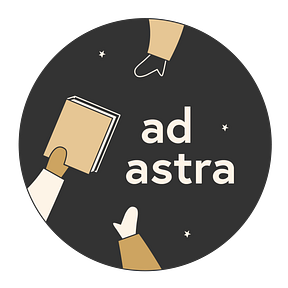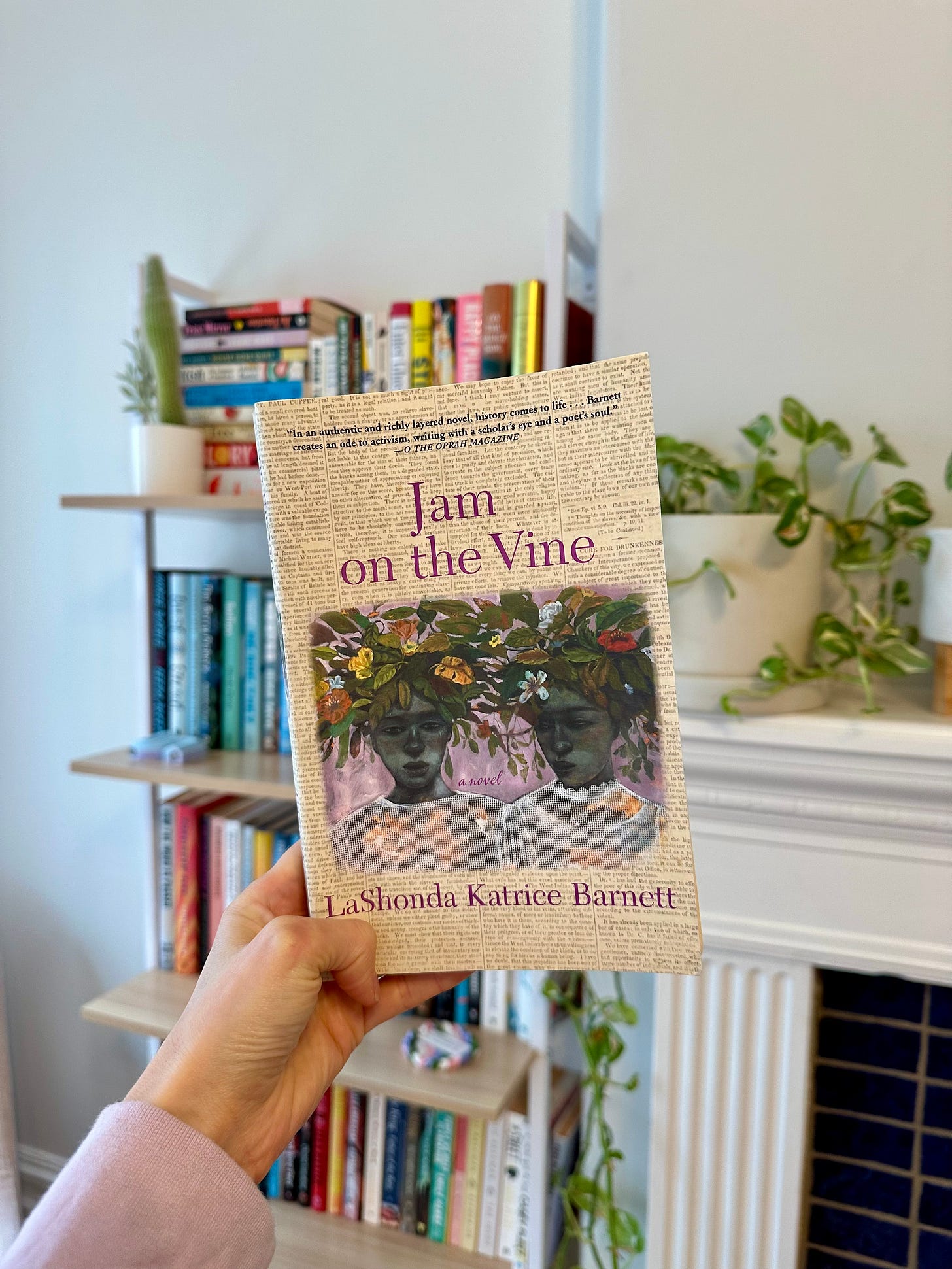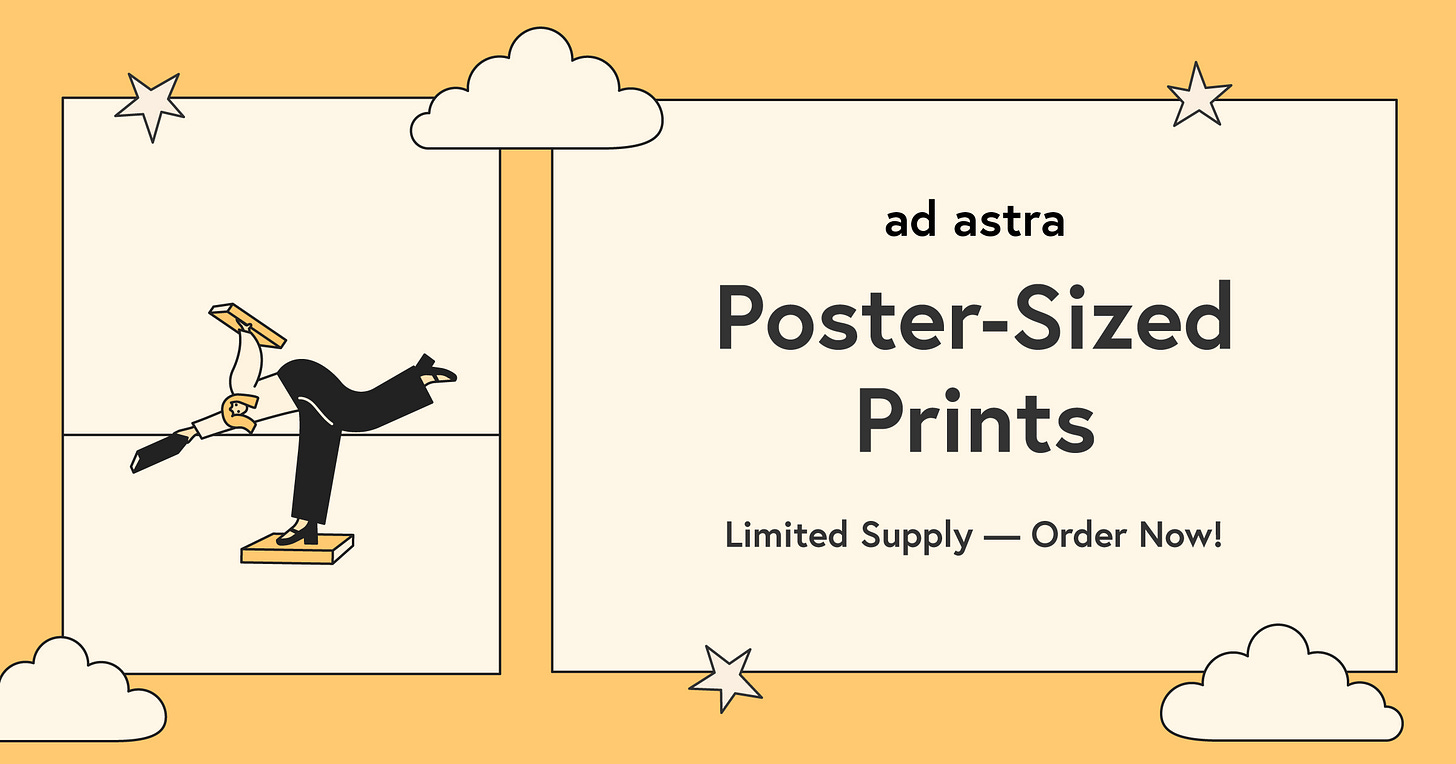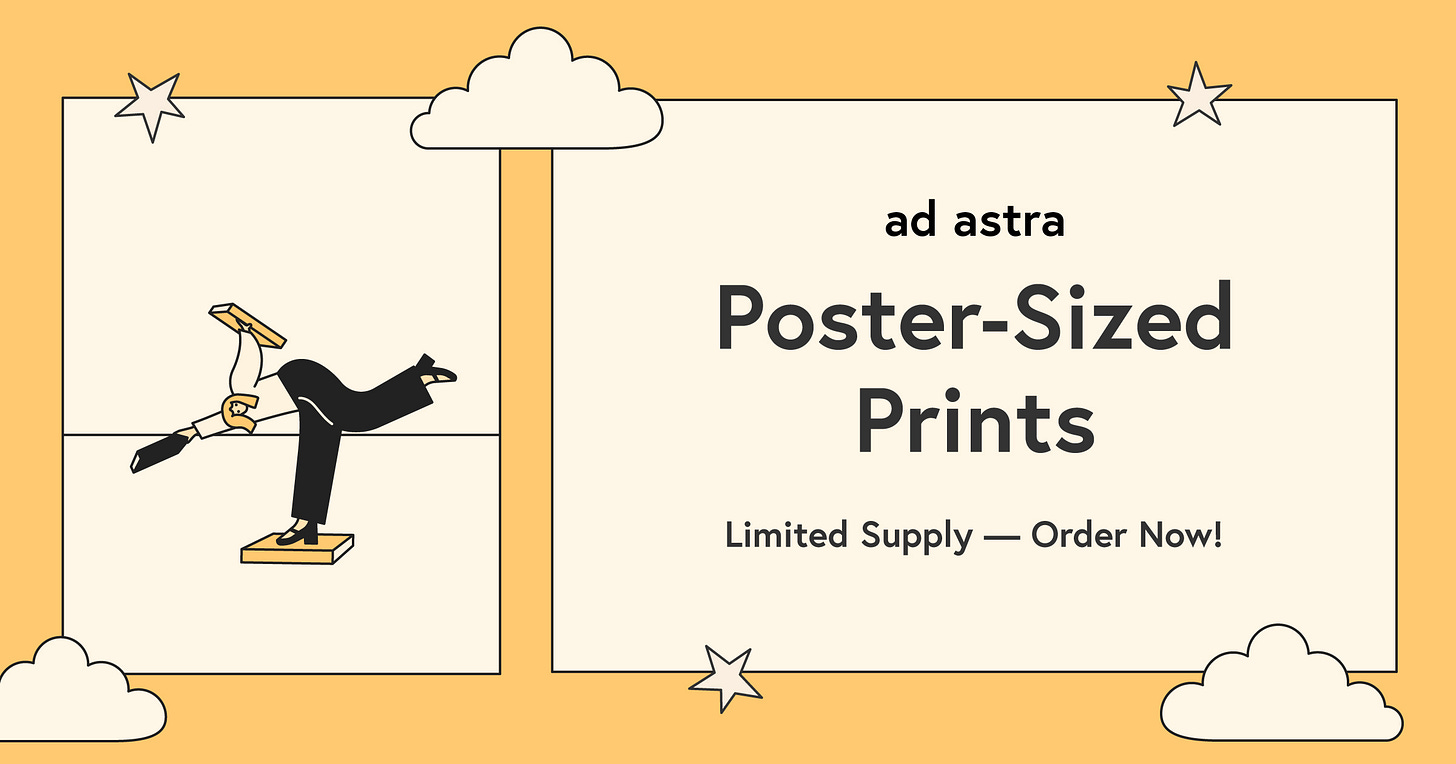All year we’ve been cycling through rage, sadness, fear, and frustration, and many of us felt those emotions heighten yet again after the House passage of H.R.1 here in the States—a bill that completely targets the most vulnerable in all our communities, guts essential care, and creates an uncharted future.
Books not only provide a source of comfort during difficult times, but can inspire, motivate, and shape our response. We’ve written at length about this in the past, as well as shared reading recommendations for those hoping to learn more about various issues, like climate justice, the wealth gap, and state-sanctioned violence.
Incredibly well timed, Haymarket Books, one of our favorite independent publishers (more on that below) announced their summer sale with 40% off all books. A nonprofit, they aim “to publish books that contribute to struggles for social and economic justice.” Among their authors, they count Angela Davis, Naomi Klein, Rebecca Solnit, Howard Zinn, and many more. (This newsletter is by no means sponsored, and we don’t make a commission off any links we share—we just truly love all Haymarket does, and their books have inspired us time and time again.) Also, when you buy their physical book, most often you also receive the DRM-free ebook. That’s accessibility in motion.
If, like us, you are craving reads that help us take strategic action, we’ve rounded up some of our favorites from Haymarket, as well as the books that made it into our own cart during the sale. Not only do we encourage you to read these stories, but to sit with them, share them, and follow the authors on social media and beyond. They are some of the most prolific thinkers and organizers of our time, and we are grateful to have an accessible way to learn more about their work. Can’t buy them? That’s understandable! Instead, request them from your library and show these essential institutions some support.
Our favorite Haymarket reads
We Do This ‘Til We Free Us: Abolitionist Organizing and Transforming Justice by Mariame Kaba: What if social transformation and liberation isn’t about waiting for someone else to come along and save us? What if ordinary people have the power to collectively free ourselves? In this collection of essays and interviews, Mariame Kaba reflects on the deep work of abolition and transformative political struggle.
Let This Radicalize You: Organizing and the Revolution of Reciprocal Care by Kelly Hayes and Mariame Kaba: The book is an assemblage of co-authored reflections, interviews and questions that are intended to aid and empower activists and organizers as they attempt to map their own journeys through the work of justice-making.
And check out the accompanying workbook, which you can also order from Haymarket, or download as a PDF for free!
Freedom Is a Constant Struggle: Ferguson, Palestine, and the Foundations of a Movement by Angela Y. Davis: In these collected essays, interviews, and speeches, world-renowned activist and scholar Angela Y. Davis illuminates the connections between struggles against state violence and oppression throughout history and around the world.
Books that have been on our TBR lists for far too long that we ordered from the sale
Perfect Victims: And the Politics of Appeal by Mohammed El-Kurd: Rather than asking the oppressed to perform a perfect victimhood, El-Kurd asks friends and foes alike to look Palestinians in the eye, forgoing both deference and condemnation. How we see Palestine reveals how we see each other; how we see everything else.
It’s Not That Radical: Climate Action to Transform Our World by Mikaela Loach: For too long, representations of climate action in the mainstream media have been white-washed, green-washed and diluted to be made compatible with capitalism. Loach addresses head-on the issues at the root of the climate crisis.
How We Get Free: Black Feminism and the Combahee River Collective, edited by Keeanga-Yamahtta Taylor: The Combahee River Collective, a path-breaking group of radical Black feminists, was one of the most important organizations to develop out of the antiracist and women’s liberation movements of the 1960s and 70s. In this collection of essays and interviews, founding members of the organization and contemporary activists reflect on the legacy of its contributions to Black feminism and its impact on today’s struggles.
Abolition. Feminism. Now. By Angela Y. Davis, Gina Dent, Erica R. Meiners, and Beth E. Richie: In this collaborative work, leading scholar-activists surface the often unrecognized genealogies of queer, anti-capitalist, internationalist, grassroots, and women-of-color-led feminist movements, struggles, and organizations that have helped to define abolition and feminism in the twenty-first century.
Unbuild Walls: Why Immigrant Justice Needs Abolition by Silky Shah: Unbuild Walls dives into US immigration policy and its relationship to mass incarceration. Incorporating historical and legal analyses, Shah’s personal experience as an organizer, as well as stories of people, campaigns, organizations, and localities that have resisted detention and deportation, Shah assesses the movement’s strategies, challenges, successes, and shortcomings.
No Is Not Enough: Resisting Trump's Shock Politics and Winning the World We Need by Naomi Klein: Trump is not an aberration but a logical extension of the worst, most dangerous trends of the past half-century. It is not enough, Klein shares, to merely resist, to say “no.” Our historical moment demands more: a credible and inspiring “yes,” a roadmap to reclaiming the populist ground from those who would divide us—one that sets a bold course for winning the fair and caring world we want and need.
Hope in the Dark: Untold Histories, Wild Possibilities by Rebecca Solnit: Hope in the Dark was written to counter the despair of radicals at a moment when they were focused on their losses and had turned their back to the victories behind them—and the unimaginable changes soon to come. In it, she makes a radical case for hope as a commitment to act in a world whose future remains uncertain and unknowable.
Are you ordering from the sale? Let us know what you grab in the comments!
Other books we are reading (or hoping to read) this month
✅Welcome to the Hyunam-dong Bookshop by Hwang Bo-Reum, translated by Shanna Tan
✅The Weatherhouse by Nan Shepherd
✅I’ll Tell You When I’m Home by Hala Alyan
✅🎧A Witch’s Guide to Magical Inkeeping by Sangu Mandanna
✅🎧Can’t Get Enough by Kennedy Ryan
🗓️Madness: Race and Insanity in a Jim Crow Asylum by Antonia Hylton
🗓️Hot Girls With Balls by Benedict Nguyễn
Note: For books we have completed, we’ll only include here ones we recommend.
Books new to our TBR
Gliff by Ali Smith
Well, Actually by Mazey Eddings
The 2025 ad astra Readership Challenge: “Read a book from a new-to-you indie publisher”
As readers, one of the most conscious ways for us to consume stories is by paying attention to the publishers behind the books we read. Not only does this benefit our own reading—knowing which publishers tend to produce our favorite books—but makes us more conscious consumers. We are more aware of problems within the industry, who they are impacting, and which companies are taking action.
Before we get into why small publishers are so important, a bit of background on the publishing ecosystem. In the States, the publishing world is dominated by what’s known as the “Big Five”: Penguin Random House, Hachette, HarperCollins, Simon and Schuster, and Macmillan. Other large publishers include Scholastic and Bloomsbury, but they aren’t as vast as these five—and Penguin Random House (PRH) is by far the largest. For scale, here’s a very helpful map. You’ll also see on this map the various imprints of the Big Five—aka subdivisions of their publishing company. You can locate the publisher of a book on a book’s spine or front matter page. If you’re still not sure, a quick search online can confirm.
Small presses, or independent publishers, are just that: independently-owned publishing companies. Over the past few decades, the Big Five have bought small press after small press, growing their power. In fact, many of the imprints named on the map linked above started as independent presses. But this is a problem in the publishing world; just as large corporations, like Amazon, continue to acquire other companies, they cut out competition and make the landscape that much harder for small businesses to thrive. But indie presses are essential in the publishing world. They often don’t gatekeep in the same way big presses do, making the industry more accessible for debut authors or authors without connections (especially systemically/historically excluded authors from BIPOC, LGBTQIA+, and/or disabled communities) to be published.
That’s not to say indie publishers aren’t without their own downsides: they can’t offer the advances bigger publishers do, or the marketing and publicity power. But these indies are often mission driven, or even nonprofits (like Haymarket). Earlier this year, the Trump administration canceled grants issued by the National Endowment for the Arts, which impacted many independent publishers, as well as literary magazines and organizations. The defunding of the NEA has received a lot less attention in the literary world than IMLS cuts, for example. But the issues go hand-in-hand: the attempt to restrict access to essential information.
Indie publishers need our support. Try new indies, and see which ones you love. Seek their books out from the library or your indie bookstore, order them online, follow them on social media, and spread the word about their great reads.
Not sure where to get started? In addition to Haymarket, some of our favorite indies include Catapult/Counterpoint/Softskull, Seven Stories Press, Arsenal Pulp Press, and Interlink.
About the challenge
Folks who complete all the prompts by EOY will be entered to win a $100 gift card to their indie bookstore of choice. Those who finish at least six of the prompts will receive an exclusive ad astra sticker. In December, we'll share a submission link to complete as proof of participation. (Our downloadable tracker will be helpful for this!)
Want to participate? Join our Broadcast Channel on Instagram, follow our newsletter, and get your friends to join!
Other publishing updates
Barnes and Noble is not a community-focused bookstore. We can’t talk about divesting from Amazon without also talking about divestment from B&N.
It’s Disability Pride Month, and the publishing industry has a long way to go in terms of equity and disability justice.
Libraries really need our help, and we have until July 25th to press for IMLS funding (Carmen of @TomesAndTextiles has a great video if you want to learn more). Take action.
We’ve mentioned this before, but following Kelly Jensen’s Literary Activism newsletter is a great way to stay in the know about ways to support libraries, fight book bans, and beyond. We encourage you to read her recent post on saving the IMLS and the upcoming budget discussions for federal agencies.
Thanks so much for taking the time to read! If you enjoyed this newsletter, please share with friends, and consider subscribing if you have not yet already. Also, in case you missed it, we have prints! Learn more and place an order here.
We’ll be back in a few weeks with the latest publishing updates.
Xx,
ad astra


















